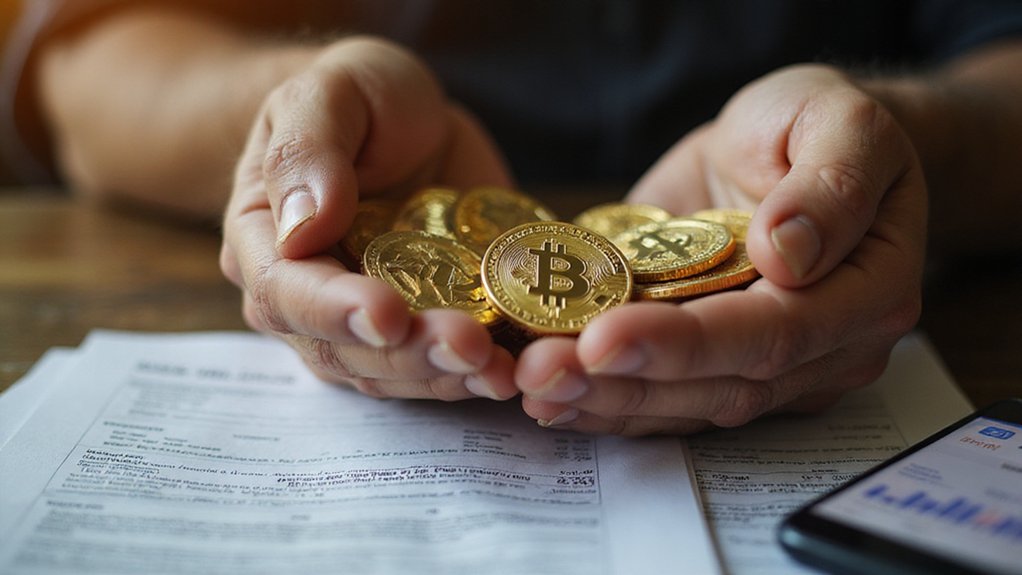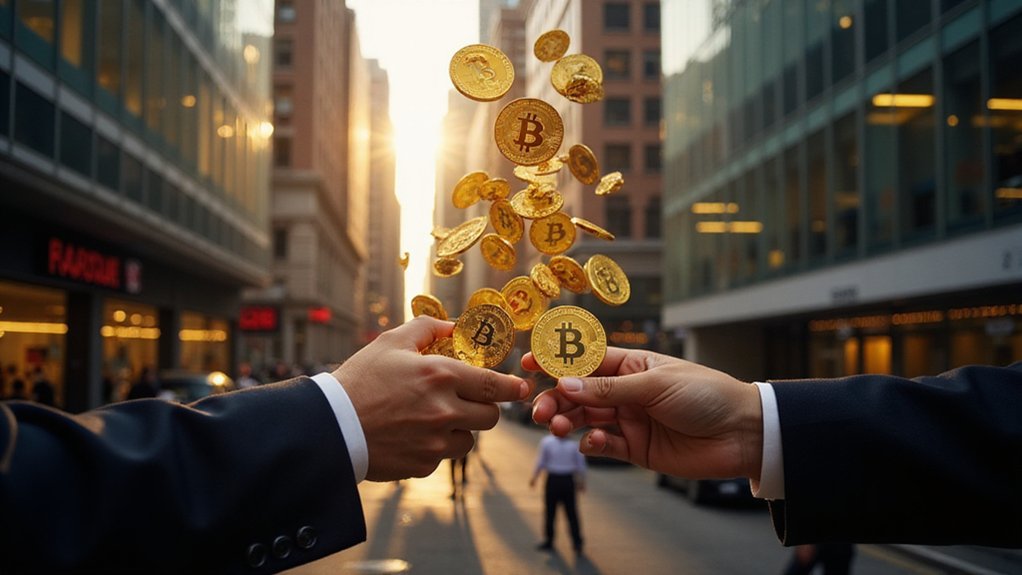The demographic revolution sweeping through South Korea’s cryptocurrency markets reveals a fascinating inversion of traditional investment patterns, where the nation’s youngest investors have not merely embraced digital assets but fundamentally redefined the country’s financial landscape. By 2017, nearly 23% of South Koreans in their twenties had already purchased cryptocurrency—a remarkable penetration rate that would make most traditional brokerages weep with envy.
What began as millennial enthusiasm has since morphed into something far more intriguing: genuine mainstream adoption. The 2021 crypto boom witnessed an extraordinary demographic shift, with nearly half of cryptocurrency exchange users suddenly comprising individuals in their forties and fifties. Major crypto applications tripled their user bases within three months, reaching over two million users—a growth trajectory that suggests either mass financial enlightenment or collective speculative fever.
The current landscape presents even more compelling statistics. Approximately 27% of South Koreans aged 20 to 50 now hold cryptocurrency assets, with digital currencies representing roughly 14% of their total investment portfolios. This isn’t merely dabbling; it’s systematic allocation that would impress even the most sophisticated institutional investors. The growing institutional adoption worldwide further validates this strategic approach to digital asset allocation.
Perhaps most tellingly, over 70% of this demographic plans to increase their crypto investments—a confidence level that borders on the remarkable given cryptocurrency’s notorious volatility. The age group spanning 20 to 50 has effectively become South Korea’s digital asset core, driving market dynamics with an enthusiasm that traditional financial advisors likely find both bewildering and concerning.
The generational preferences reveal deeper philosophical shifts about wealth preservation and growth. Younger investors increasingly view Bitcoin and Ethereum not as speculative instruments but as legitimate alternatives to gold and conventional securities. This represents a fundamental reimagining of portfolio construction—one where decentralized finance competes directly with centuries-old investment wisdom. Simultaneously, rising household loans have increased by 125.6 trillion won last year, reflecting broader economic pressures that may be driving alternative investment strategies.
Technology accessibility has certainly catalyzed this transformation, with user-friendly applications democratizing what was once the domain of technical specialists. The resulting phenomenon suggests that South Korea’s crypto adoption has transcended mere speculation, evolving into a genuine generational preference for digital assets over traditional financial products—a shift that traditional institutions ignore at their considerable peril.








